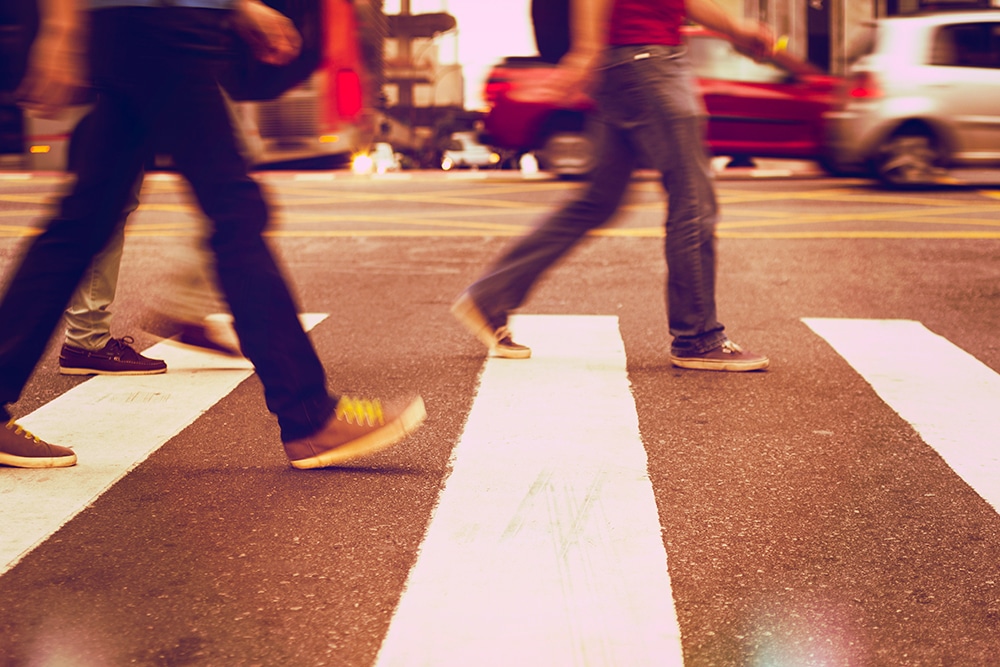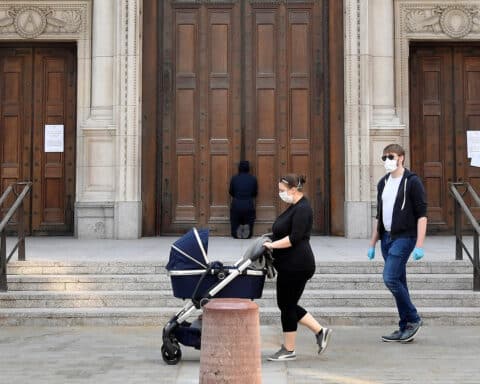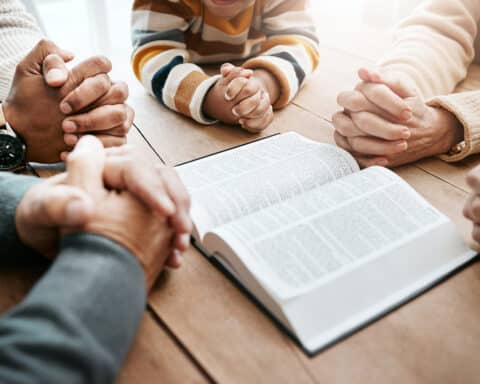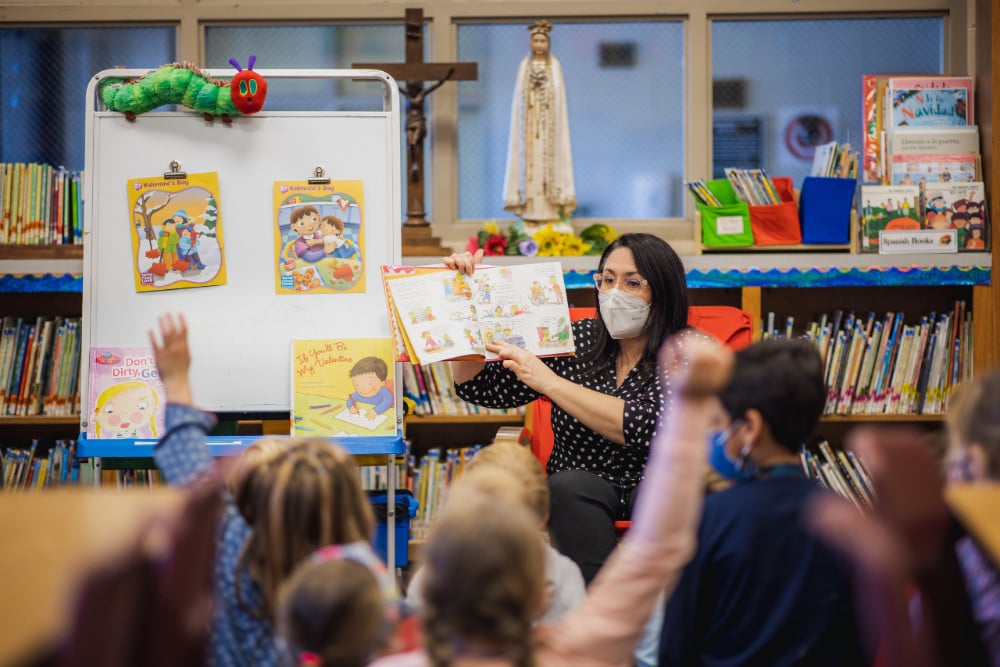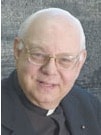
Most of all, families of the 855,000-plus American victims of the disease are trying to cope with their losses. Millions who survived the illness are experiencing after-effects, more than a few troubling.
Businesses already are adjusting, and many are putting in place radical changes. Education may change. Ideas about leisure have changed.
It can be unnerving, even frightening.
Still, great changes have occurred before now in this society, several in living memory. Americans who were adults during the Second World War are leaving the scene, but they could tell many stories of change.
In the war, 405,000 Americans, overwhelmingly young males with their lives before them, were killed. Many left widows and infants who had to go on with life, the best they could.
Employment practices and industry completely changed: women employed outside the home, taxes.
Americans cheerfully accepted government-imposed rationing, resisting lofty demands for personal freedom and complaints about government overreach in commitment to the common good.
The war ended, but within the next generation, life in this country again totally changed with the coming of racial desegregation. It was not always automatic, but individual human dignity went into the national system of values.
Voting was seen as every citizen’s privilege. The Constitution was amended to allow persons, once considered minors, the right to vote. Americans in Alaska and Hawaii received full access to governing themselves. Politics changed. Life changed.
Divorce became a way of life, increasingly easy to obtain. Once upon a time, only state legislatures could grant a divorce in America. No court had this authority.
Abortion was legalized. At one time, not that long ago, a majority regarded abortion as barbarism of the worst kind. Now it accounts for the deliberate slaughter of 1.5 million innocent unborn human beings yearly.
For good or bad, change has been part of life in our history. We have benefitted from the good, such as advances in medicine and technology. We suffer with the bad.
The common denominator always has been that people learned to separate the important from the non-essential, sort between good and bad, endure all changes, live with sadness, and were ultimately undaunted when they kept before them time-tested moral and philosophical standards, the most enduring of which stood on belief in the Almighty.
If anything, the current epidemic has proven vividly how limited we are. Think about it. It has consumed two presidential administrations: Donald Trump’s and, more recently, Joe Biden’s.
Every person, like it or not, is dealing with it. If not infected, life has changed for everybody. It touches everything.
Yet, despite all the billions of dollars invested in scientific response to COVID-19, and all the attention around the world, we simply cannot defeat it.
It is hardly the only problem that we cannot overcome, with all our smarts and all our money.
COVID-19 is a virus in a test tube, but lives tremble before intangible evils, grief, despair, want, bewilderment, anger and fear. They, too, render life miserable.
As COVID-19 continues to work its ugly way through us, serious changes indeed may be on the horizon, but whatever form they take, some things in life are worth our devotion. Others are not. Discern. Think. Consider priorities. Look ahead. Be honest.
History’s lesson is that while people too often, and most often, are helpless, there is good news: We live with change, and indeed with evil, finding strength and even reward in the process, when we acknowledge God, make communion with God our most important purpose, work with God’s plan, intense and compelling, and make God’s kingdom of faith, hope and love truly real in our hearts and in our land.
Msgr. Owen F. Campion is OSV’s chaplain.

